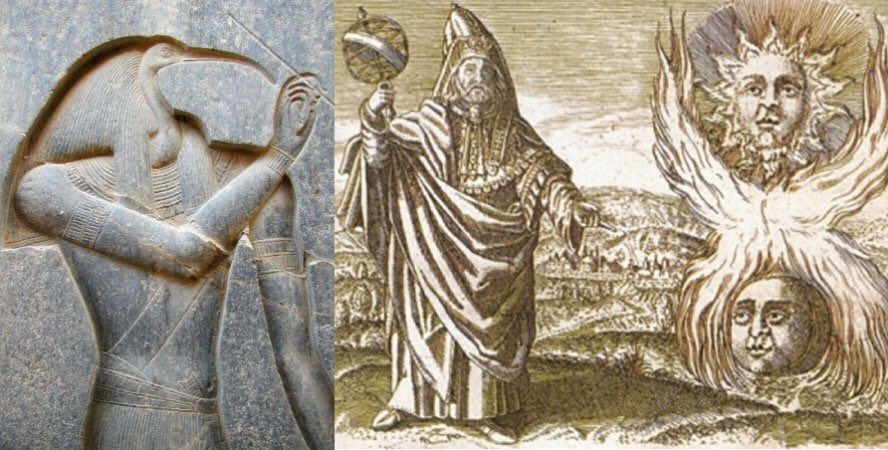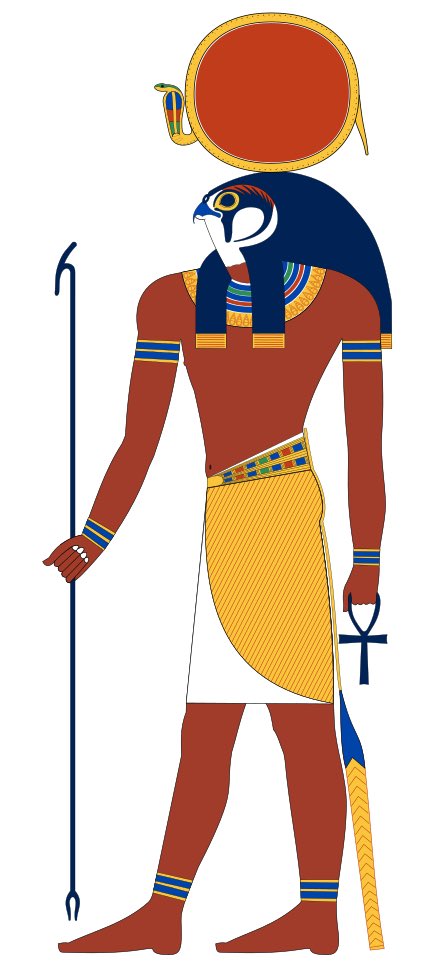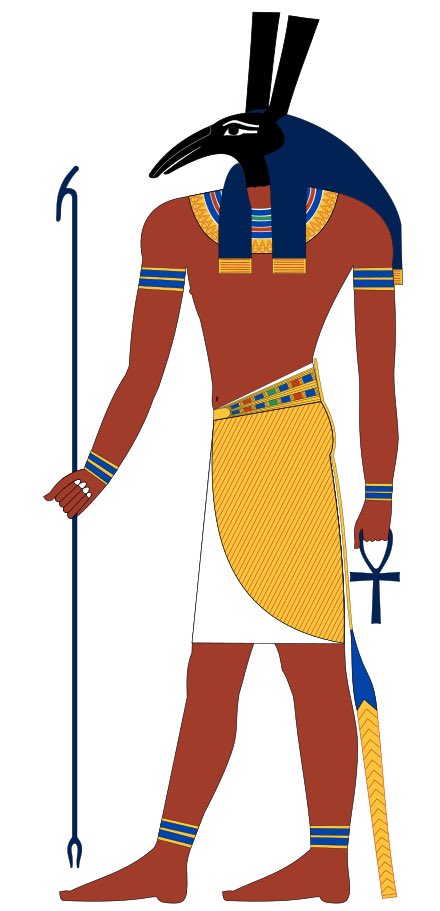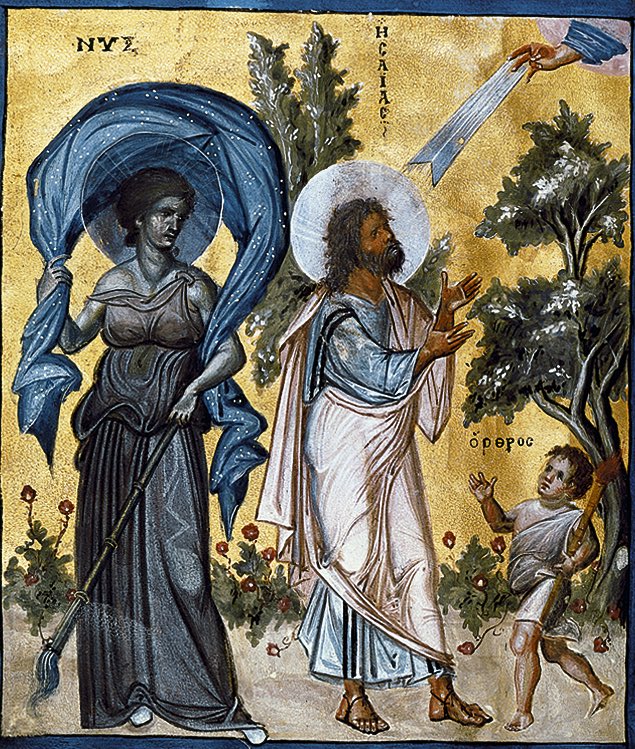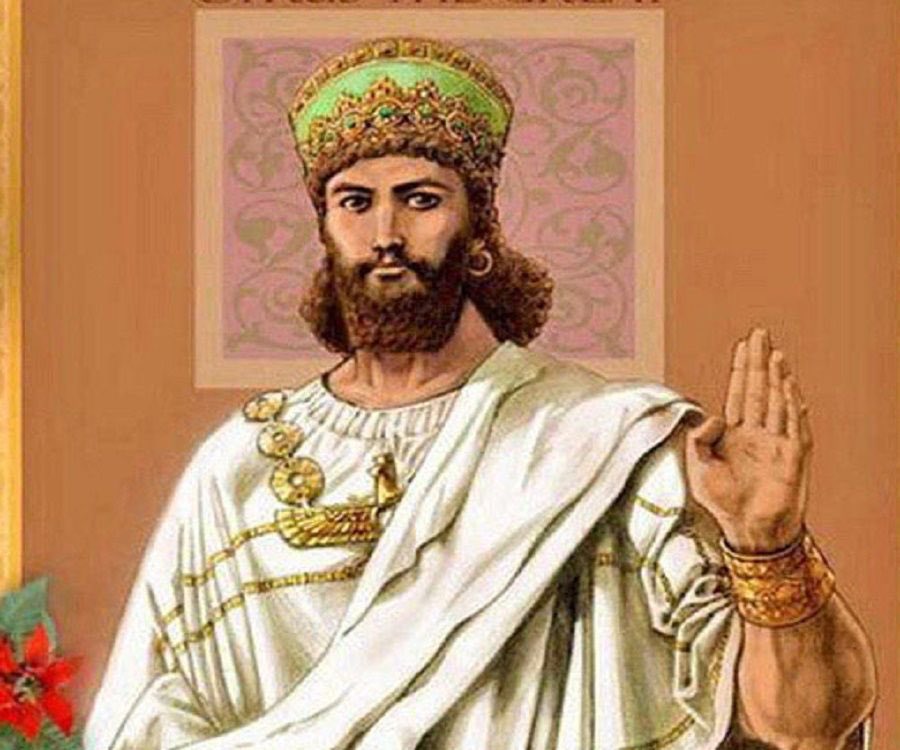Chapter 1: Trismegistus Legend takes us to the beginning of the Egyptian civilization & religion and to the times of biblical Genesis. Egyptian religion began as a very monotheistic form centered around Ra, a Solar deity encompassing the “All Powerful, All Seeing, All Pervasive.”
This is important starting note because the history of religion starts from this point & actually throughout history is defined by epoch moments where it is returning to Monotheism & purging its polytheistic traditions (which are Dark Ages)
Egyptology is immensely important to understand because this civilization truly reigned longer than any other before its vast, detailed archival historical records were finally largely tragically destroyed.
Egypt is one of only a few places where some antediluvian traditions & knowledge may have been preserved & it’s there that probably existed the deepest uninterrupted preservation of pre-ancient metaphysical & alchemical knowledge & beliefs.
Ancient Egypt’s entire civilization & way of life is founded on this very belief, that they are the keepers of the past & they are preserving what are the ancient truths and ways through the aeons. Like the First Holy See before the Jerusalem Temple it the Vatican.
This is where our boy Thoth comes in. Thoth was the Egyptian deity that brought the teachings of the Egyptian priesthood. Thoth is unique in that other than Ra, he appears not to have parents. However there is a strange likeness between Thoth & Set, & Setians were a cult of Thoth
This likeness actually is cause for concern. Set is treacherous brother of Osiris. Set is like the Cain who kills Abel, & Isis, Osiris wife, resurrects Osiris long enough to become pregnant with Osiris, the Savior from Set. This whole story forms the basis of the First Prophecy
So from the outset is important to take our Archangel of Alchemy with caution. If the Emerald Tablet of Thoth is to be believed, this knowledge is from an Atlantean King who was possibly a murderer who came to Egypt to teach how to summon & talk to angels & demons.
The other possibility here is Thoth-Set is actually talking about the third son of Adam & Eve, the essentially neutral Seth, whose lineage might’ve just brought a line of gentiles. Regardless, this is Hermes Trismegistus #1, Thoth, who bestows the ancient religion & arts of Egypt
There is a very good likelihood in my estimation that the first incarnation of Thoth-Hermes happened in Egypt around the same time that Abraham saw God & early monotheistic beliefs like Brahman started too. When a Hermes Trismegistus era it is a worldwide return to Monotheism.
Historians & archeologists have been baffled by this, because no historical evidence for any of the exodus account has actually ever been officially found. Just as many theories have been forward which are baffled by historians seeming to “miss” apparent clues about the story.
Egyptologists are baffled because Egyptians kept such good records that anything remotely like the Moses story would’ve been recorded in its analogues. Sigmund Freud was baffled because he couldn’t understand why nobody recognized Moses was obviously an Egyptian priest.
In contrast to the popular account of the Moses story as during the reign of Ramses II, I join a growing number of experts in conclusion Moses story takes places during the reign of Akhenaten (Amenhotep IV) & in fact embodies the whole narrative of Egypt during & after his reign
Akhenaten is known as “The Heretic King” & the reason is in his name. He instituted a program of purging Unified Egypt of its polytheistic gods & uniting Egypt under the formless, all-powerful God of All (including non-Egyptians).
The famed story of Akhenaten & Nefertiti is so well known now but it was all but lost in Egyptian history until their lost capitol city was found in a Middle Egypt. He was nothing less than a revolutionary that upended Egypt’s whole multi-dynastic way of life.
FIRST, the evidence, Akhenaten’s shift from the polytheistic religion to his monotheistic vision did not happen at the start of his reign but it was SUDDEN - and he was CONVINCED he was talking to the true God like Moses could.
SECOND, what other Egyptian princess, other than Nefertiti Prophetess or perhaps her daughters, see a child floating down the river towards their secluded capitol, & believe it’s a gift to them from their God, Aten, and take him in? Moses is the Egyptian name to the adopted child
THIRD, a panel in Akhenaten’s tomb that depicts he & one of his consorts grieving over the death of a daughter at birth. It is believed the Pharoah was trying to create a marriage alliance with the Kingdom of Mittania in Anatolia.
If an orphaned Semite child came to this royal family after they’d just lost a child they were hoping to be a lineage for Egypt into Canaan, Moses was their answered prayer from Aten. It would explain why he would be raised a priest-prince & recognize a Monotheistic God.
FOURTH, Akhenaten’s mummy was found. He was weirdly deformed, elongated skull, an epileptic autist. The Egyptian mummification religion was about entering the plane of death briefly & bringing back knowledge from the beyond. The Pharoah was close to death constantly, & a zealot.
FIFTH, Akhenaten’s religious revolution was essentially founded on the First Commandment “Have no other God’s before the One God” & it essentially plunged Egypt into Civil War & then a dark age of religious civil war defining remaining epochs of Ancient Egypt until Alexander.
The actual confrontation & story of Moses exodus from Egypt is actually taking place in the events succeeding the Akhenaten’s assassination by the polytheist oligarchy, Nefertiti’s fall, & the return to Amun-Ra theology.
Therefore what Exodus story is about is the exodus of a segment of the non-Egyptian afro-semitic underclass along with the Light of Prophecy & all of Egypt’s divine providence, out of its lands, as they collapsed into civil disorder over & tried to reverse Akhenaten’s revolution
This all happened the height of the Second Hermes-Trismegistus, Akhenaten’s reign is marked as the peak of Egypt’s civilization, it’s reach, and it’s prosperity. Ramses II was last gasp of greatness before the old splits between Amun-Ra (North & South Kingdom) tore them apart.
The Second Trismegistus also saw the planting of Greek, Etruscan-Roman civilization & thought. The earliest mystery schools, especially that of Pythagoras, are steeped in Egyptian alchemy. In Jerusalem, the First Temple period is established.
The defining point about this epoch is that it is marked by the establishment of the Hellenic & Zoroastrian Mystery Schools & their concurrent gentile civilizations happening in tandem with the Biblical timeline. The rise of the first Globally Aspiring Kingdoms & Empires
Traditions & history of the Kingdoms of Sumerian, Babylon, & Assyria are carried on through the Empire of Persia. The Kingdom of Judah & the First temple of Jerusalem finds itself between periods of national independence & vassalage until the First Temple’s Fall & Jewish exile
During this period the Prophet Isaiah comes, one of the most important prophets in all monotheist religions. Bringing prophesy not just of the coming Suffering Servant Savior, but warning to all nations, including Egypt, whom he seemingly predicts final fall to Persia then Greece
Two great Kings then actually play pivotal roles in setting the stage so that this prophecy can be realized. First, the Persian King Cyrus the Great humbles himself before what he recognizes to be a message from the One true God, & allows for the restoration of people of Israel.
2nd is Alexander, hailed as a god incarnate pretty much everywhere he went, & his particular absorption with Egyptian history, subsequent establishment of Ptolemaic kingdom, & Library of Alexandria, that saved pretty much the entire knowledge of Egyptian metaphysics being lost.
In Egypt, Alexander was literally greeted not just as liberator but the ultimate God incarnate, Amun (who by this time was the sole ultimate God of Egypt, God of all seen & unseen, much like Aten had once attempted to be made).
It is no mistake why Alexandria was founded, along with the Library, in Egypt. Alex was tutored by the greatest Greek minds of his time, he was exceptionally curious about alchemy & the mysteries. He greatly revered the gods & past. This is how self-enlightened he was:
Alexander’s Empire was so important even for how short-lived it was because of how it was able to connect knowledge & trade between the entire ancient world from then on. From the Dao to the Far East to Rome, there was a pipeline of exchange of each others ways & teachings
It is legend that Alexander found the Emerald Tablets of Thoth at the pyramids of Giza & learned the full secrets of the divine. That is why he is called Hermes-Thoth Trismegistus. Hermes (Thoth) was the messenger who carried knowledge of the Mysteries into Hellenic thought
Lastly, “Trismegistus” (Thrice-Great) because he knows the 3 levels at which we are existing cosmologically:
- Mentally, cognitively,
- Physically, sensually
- Spiritually, which we don’t perceive as much but is actually what is the eternally living/existing part of us
- Mentally, cognitively,
- Physically, sensually
- Spiritually, which we don’t perceive as much but is actually what is the eternally living/existing part of us
It is impossible to overstate what a tragedy for world history it probably was when the Library at Alexandria was lost.
One last note is on why Alexander the Macedonian would be so warmly received and deified in Egypt is that there is a long history of Egyptian lines with fair skin, hair & eyes. Ramses II (Great warrior king) was said to have red hair.

 Read on Twitter
Read on Twitter